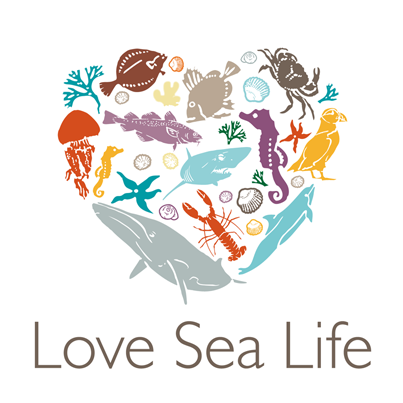A Defra policy expert from the Marine Species Protection Team writes about her experience of the recent meeting of the International Whaling Commission
Having worked on the Marine Species Protection Team at Defra for 18 months, and being deeply interested on marine species conservation and protection on a personal level, I am very proud of the work the UK government does in this area.
So I thrilled at the chance to participate in the 65th meeting of the International Whaling Commission (IWC) in Slovenia, alongside four Defra colleagues, and several non-Defra colleagues.
In Portorož, a town on Slovenia’s small coastline, we joined over 60 Governments from around the world, along with representatives from Civil Society, to discuss the conservation and management of cetaceans (whales, dolphins and porpoises).
The UK Minister for the Marine Environment George Eustice flew out on Monday September 15th and reiterated the UK’s strong position against the hunting of cetaceans unless for clearly defined subsistence needs. He also spoke of his support for the ongoing work of the IWC in addressing entanglement in marine debris, ship strikes, and conservation of small cetaceans, whale sanctuaries, and welfare.
There are many reasons to stop the hunting of cetaceans. Recent research suggests whales have a positive, powerful influence on the function of oceans, global carbon storage and the health of commercial fisheries.
Whales eat a range of life forms (such as plankton) that reside at the top of the ocean. Their excrement falls down to the bottom of the ocean, as do their carcasses when they die. This provides food for the diverse creatures living in the ocean depths, and helps store carbon.
Also, the UK believes that the hunting of cetaceans involves unacceptable cruelty. Whale watching could offer a great alternative; allowing coastal communities to make a good living, whilst allowing whale numbers to return to pre-exploitation levels.
Researchers at the University of British Columbia have estimated that whale watching could add more than $400 million and 5,700 jobs to the global economy each year. If countries can be convinced to scrap whaling and replace it with well-managed, responsible whale watching, it could have a hugely beneficial effect on the marine environment and coastal communities alike.
The UK delegation worked hard, put in many long days, and made fantastic progress. Consensus was achieved on taking forward an ambitious programme of work on animal welfare, which we’d previously proposed.
Other notable achievements at the meeting included Plenary approval of: a four year aboriginal subsistence catch limit for Greenland; a resolution to encourage intergovernmental organisations to work together to conserve highly migratory cetacean species; and a resolution to boost civil society participation in IWC meetings.
Member States voted for the IWC Scientific Committee to work with the Conservation Committee to improve conservation and mitigation work, and allocated funding to these areas.
Importantly, the Scientific Committee was instructed to be aware of the International Court of Justice ruling in March 2014, with its review of ‘Special Permit’ whaling.
The meeting did not approve Japan’s proposed schedule amendment to allow them to hunt Minke Whales using small-type whaling vessels, or a resolution on the importance of hunting cetaceans for food security for non-aboriginal populations.
Unfortunately, a proposal for a South Atlantic Whale Sanctuary was not adopted.
Slovenia is a beautiful, clean country, covered in forest, with a short coastline nestled between Italy and Croatia. We saw many gorgeous sunsets, experienced dramatic storms, and greatly enjoyed the company of the very friendly and welcoming Slovenians that we met. I’m very proud of what the team achieved, and delighted that our hard work came to fruition.

